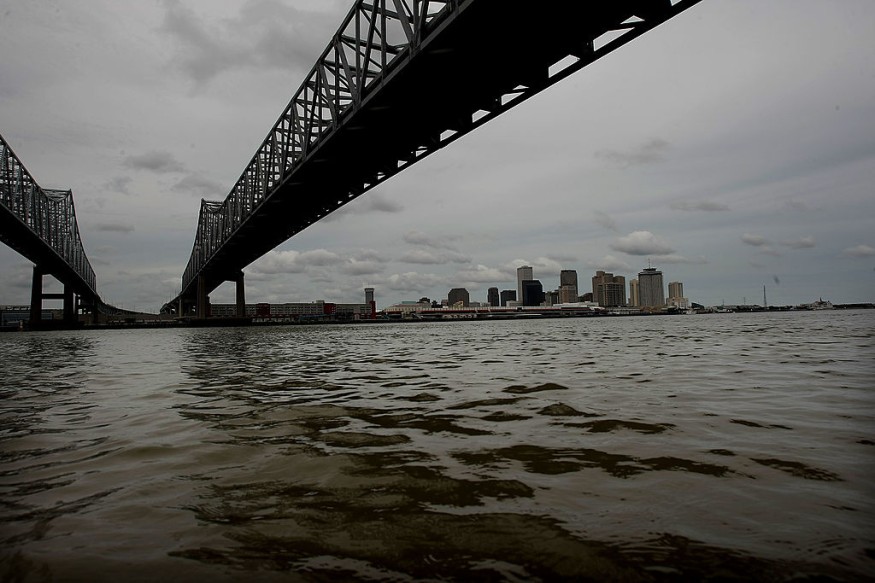
A bacterium that has been proven to cause fatal illness in half of the cases worldwide has been detected in the environment in the U.S. continent.
The bacterium, Burkholderia pseudomallei, was previously found only in parts of Southern Asia, Africa, and Australia. For the first time, the potentially deadly type of bacterium has been identified in U.S. soil and water samples, along the Gulf Coast of Mississippi, NBC News reported.
The Centers for Disease Control and Prevention (CDC) issued a health alert on Wednesday to look out for symptoms of melioidosis, a serious but rare illness caused by B. pseudomallei. An average of 12 melioidosis cases are discovered in the U.S. every year among people with overseas travel history. Symptoms include cough, fever, and chest pain. In severe cases, the infection can lead to disorientation, pneumonia-like illness, and seizures.
'Not Surprising'
According to CDC's statement, it is unknown how long the bacteria has been in the environment and where else it might be found in the U.S. However, Dr. Jill Weatherhead, an assistant professor of tropical medicine and infectious diseases at the Baylor College of Medicine in Houston, said it was not a surprise that the bacterium made its way into the country.
"We live in a subtropical climate here in the U.S. along the Gulf Coast, where it's warm and humid. This is a suitable environment for Burkholderia pseudomallei," she said.
As a matter of fact, the bacterium could thrive anywhere along the Gulf Coast and become endemic.
CDC confirms that melioidosis is predominately a disease of tropical climates, and especially widespread in Southeast Asia and northern Australia. The agency and states are currently investigating how the bacteria has spread within the continent. Generally, spread to humans and animals is made through direct contact with the contaminated source.
Melioidosis Cases
The discovery of the bacterium in U.S. soil and water came after two unrelated melioidosis patients who lived in close geographical proximity in the Gulf Coast region of southern Mississippi became ill, but was diagnosed two years apart - one in 2020, and the other in 2022.
Both had no recent travel history outside of the U.S. but were infected by the same novel strain from the Western Hemisphere. Both were hospitalized with sepsis due to pneumonia, had known risk factors for melioidosis, and were positive for B. pseudomallei. Luckily, both were also able to recover after receiving appropriate antibiotic therapy.
Environmental samples (soil, water, plant matter) collected by the Mississippi State Department of Health and CDC tested positive for B. pseudomalle. Isolates from both patients and samples were all genetically similar, suggesting that both patients were sickened by the same source of infection, and the bacterium has been in the area since at least 2020.
A year later, the same was found in a contaminated aromatherapy room spray that infected four people in Georgia, Kansas, Minnesota, and Texas.
Although the presence of B. pseudomallei has now been confirmed in U.S. soil and water, infectious disease experts say it's unlikely the bacterium will cause widespread harm.
© 2025 NatureWorldNews.com All rights reserved. Do not reproduce without permission.





